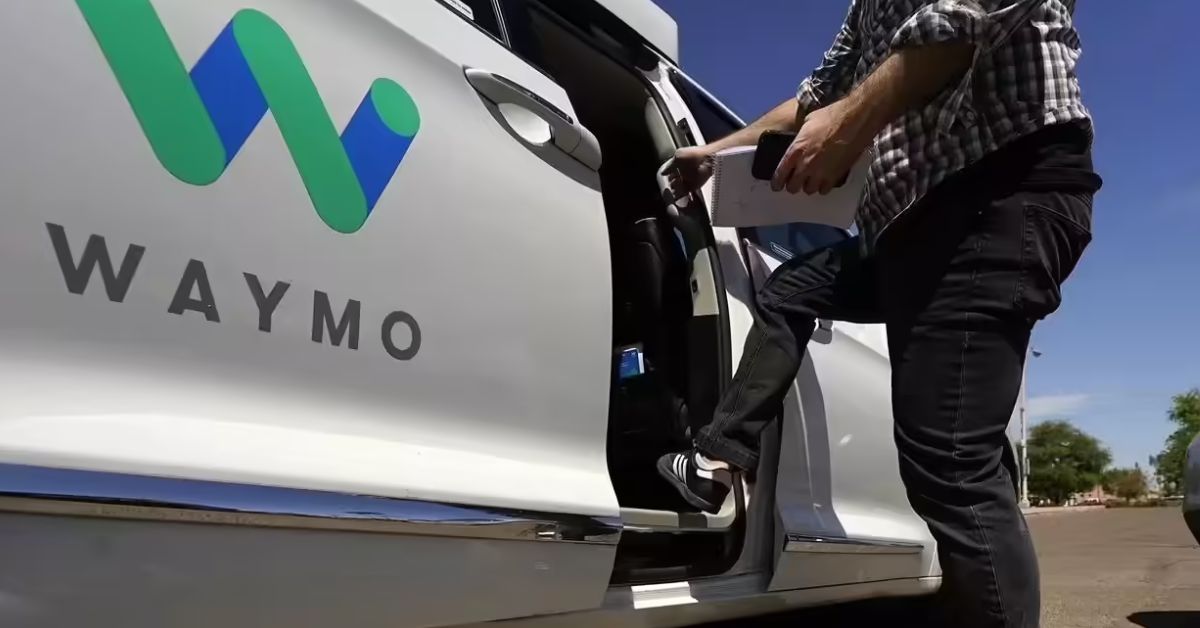As autonomous vehicles (AVs) edge closer to becoming a mainstream mode of transportation, questions around data privacy, security, and law enforcement access continue to spark debate. At the heart of this evolving conversation is Waymo, the self-driving technology company owned by Alphabet (Google’s parent company), which has been at the forefront of the AV revolution. Recently, Waymo’s CEO took a bold and transparent stance on one of the industry’s most pressing issues—how and when law enforcement agencies can access data from self-driving cars.
This discussion is more than a tech policy debate—it touches on the future of privacy, public safety, and the societal contract we build around AI-driven machines operating in public spaces.
The Context: A New Kind of Vehicle, A New Kind of Data
Unlike traditional vehicles, autonomous cars are equipped with a rich array of sensors, cameras, and software that continuously collect, process, and sometimes store data. This includes information on location, passenger behavior, driving decisions, and environmental context. For law enforcement, this data can be invaluable—helping reconstruct accidents, understand criminal behavior, or even locate missing persons.
But for consumers and privacy advocates, the idea of that data being accessed or used without consent is concerning. Waymo’s CEO, Tekedra Mawakana, recently addressed these concerns during a panel on AI governance and transportation safety, and her comments are helping shape public understanding and industry standards.
A Delicate Balance: Safety vs. Privacy
According to Mawakana, Waymo is committed to collaborating with law enforcement in a way that protects public safety while preserving user privacy and civil liberties.
“We recognize the responsibility we have to the communities we operate in,” she said. “Our approach is to be transparent, cooperative, and lawful. That means providing data to authorities when legally required—but not building systems that allow continuous surveillance.”
Mawakana emphasized that Waymo’s vehicles do not stream live video to a central server and that any release of information to police or government agencies must follow a legal process, such as a subpoena or warrant. The company does not grant unfettered access to vehicle data under any circumstances.
Transparency at the Core
One of the most significant takeaways from Mawakana’s remarks was Waymo’s focus on transparency. The company has published detailed safety reports, privacy policies, and even incident response protocols—documents that lay out exactly how and when data may be shared with authorities.
This stands in contrast to some critics who claim that Big Tech companies tend to act opaquely. Waymo’s efforts suggest a desire to build public trust—not just in its technology, but in its ethics.
“We are driving toward a future that must be trustworthy,” Mawakana said. “Without that trust, no amount of innovation will matter.”
Real-World Scenarios and Cooperation
In real-world scenarios, autonomous vehicle data has already proven useful. In several high-profile accidents involving AVs—including one where a pedestrian was struck—investigators relied heavily on sensor and camera data to reconstruct events.
Mawakana acknowledged these cases, noting that Waymo is prepared to work with officials when an incident occurs. However, she warned against using AVs as tools for mass surveillance.
“There is a fine line between safety and overreach,” she stated. “Our goal is to be part of a framework that allows for responsible data use.”
Waymo’s policies dictate that data may be shared under these circumstances:
- Compliance with Legal Process: Data will be released only if there’s a valid subpoena, court order, or other lawful request.
- Emergency Situations: Waymo may share relevant data when there’s an immediate threat to life or safety.
- User Consent: In cases where users grant permission, data can be shared with third parties, including authorities.
Industry Implications
Waymo’s approach could set a precedent for how the broader autonomous vehicle industry handles law enforcement requests. While regulators are still catching up to the technology, companies like Waymo are taking proactive steps to define best practices.
Privacy advocates have applauded this transparency but continue to call for clear federal regulations that standardize how AV data should be handled, not only to protect users but also to prevent potential abuses of power.
Looking Ahead
As more autonomous vehicles hit the roads in cities like San Francisco, Phoenix, and Los Angeles, the conversation around data access will only intensify. Waymo’s CEO has made it clear: innovation must be matched with responsibility.
By creating a framework that respects privacy while upholding public safety, Waymo is not just navigating roads—it’s navigating trust.

